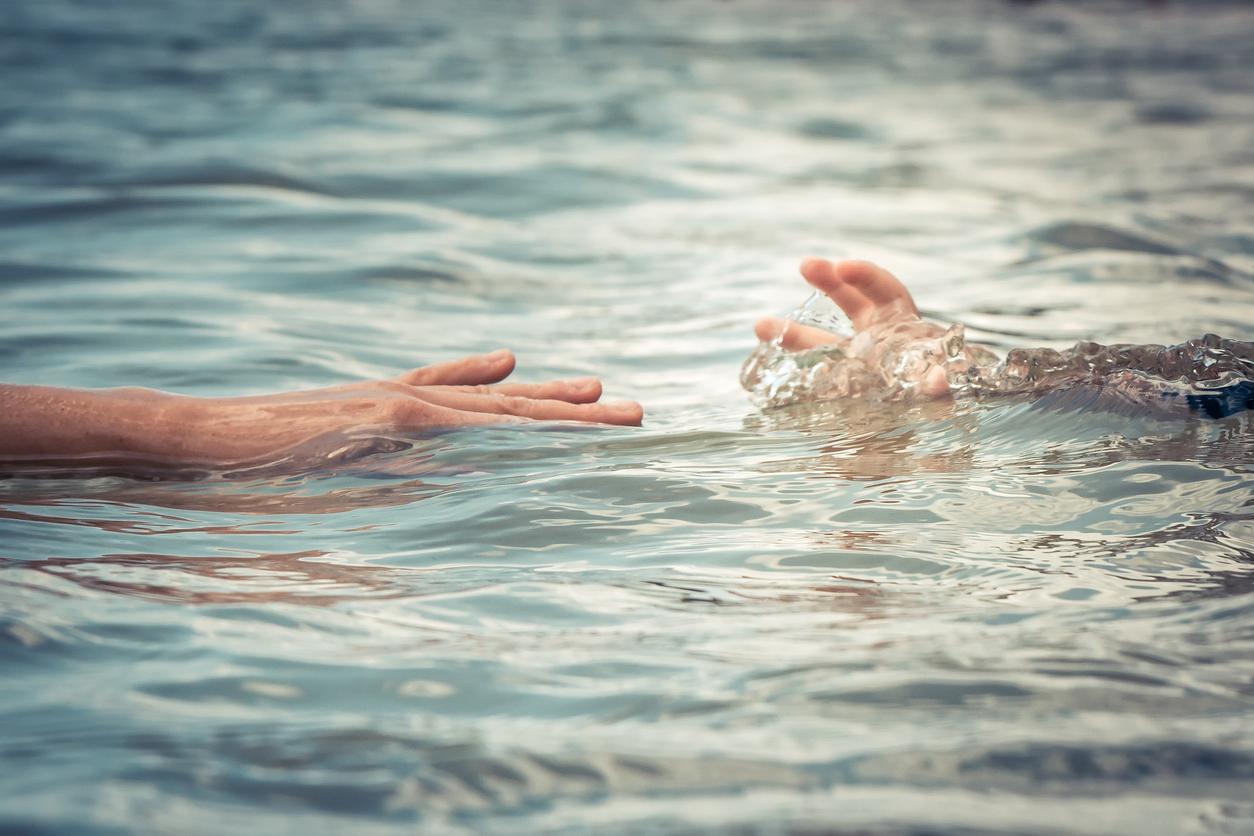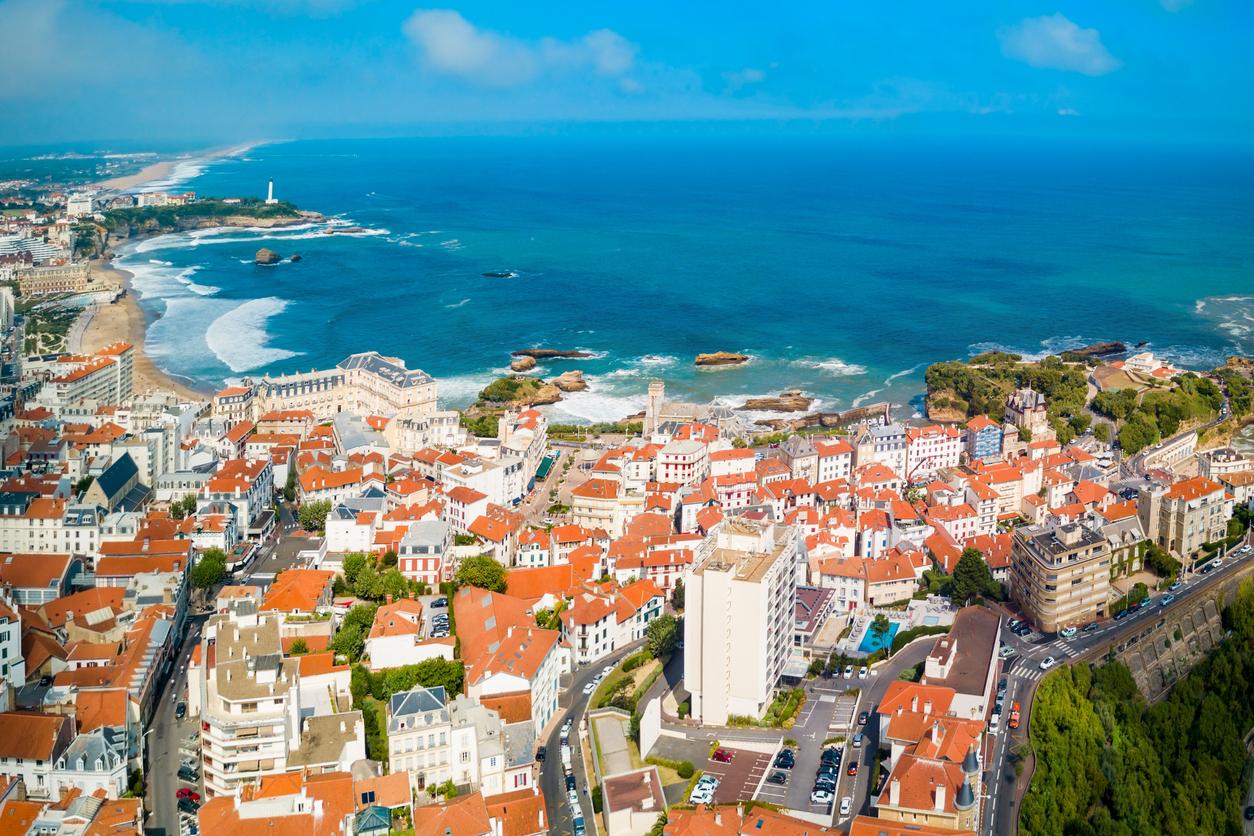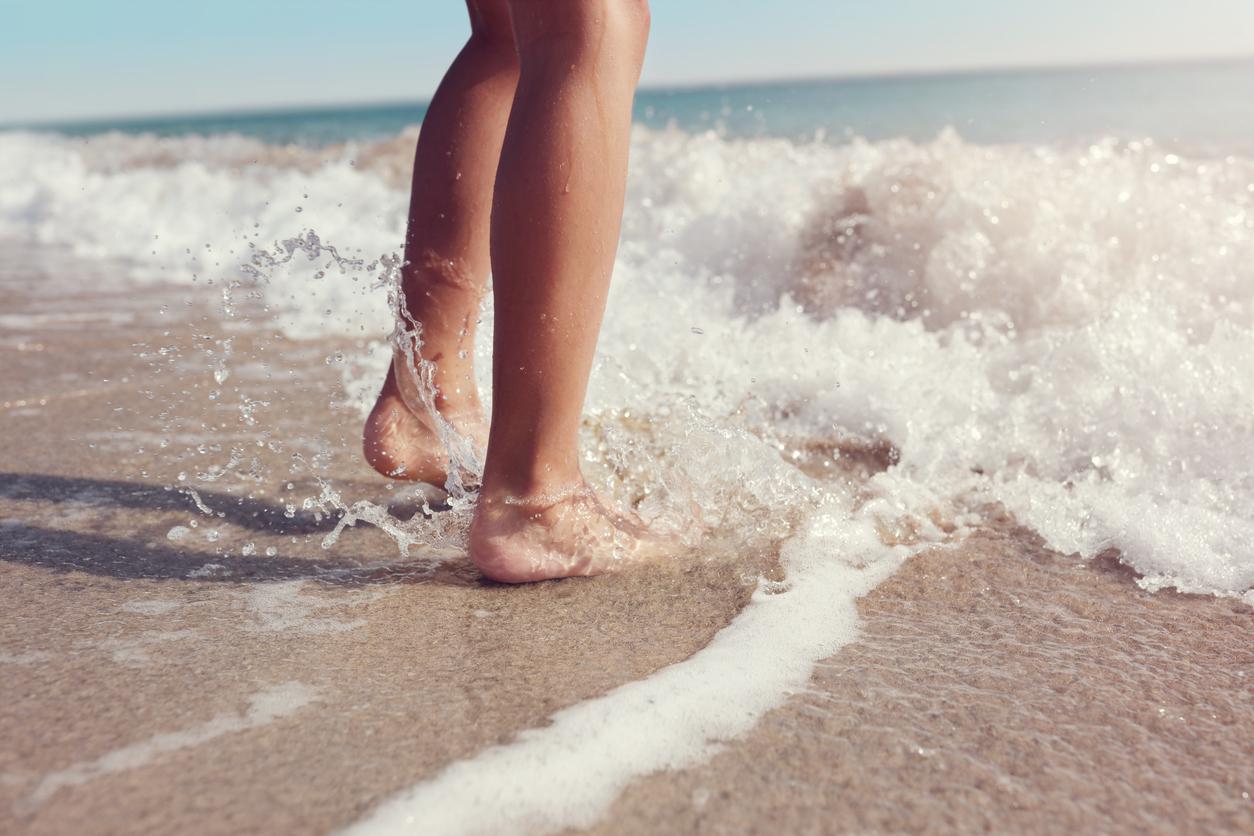Bathing in the sea requires some precautions so that the holidays remain a good memory. Being well prepared and supervising the little ones avoids the dangers.

The waves, the sea, the sand: an idyllic vision… Which can quickly turn into a nightmare in case of recklessness. The year 2015 saw 1,266 drownings, of which more than 400 resulted in death.
The Ministry of Health publishes its recommendations for safe bathing. The government site reminds first of all that it is always more difficult to bathe in a natural environment. Be careful to respect your physical condition and not overestimate your abilities.
In case of loss of shape or a feeling of shivering or fatigue, you must immediately get out of the water. In all cases, warn someone and tell them where to swim. Before bathing, avoid heavy meals and alcohol, which reduces reflexes, and do not expose yourself to the sun for a long time. Then gradually enter the water, wetting sensitive parts such as the neck. This avoids hydrocution, that is to say the discomfort due to the thermal shock between air and water.
Children are also at risk. The first thing to do is to teach them to swim as early as possible and to inform them about the dangers of swimming in the sea. They should never be left alone in the water: actively watch them without taking your eyes off them. If they do not yet know how to swim, the ministry recommends fitting them with armbands approved to European or French standards. They protect better than buoys or other inflatable items, primarily intended for play.
Where to jump into the water?
Bathing in complete safety also means choosing the right beach. Focus on supervised places and take a look at the color of the flag. Green: safe and supervised swimming, orange: dangerous but authorized swimming. Red: rough sea, no swimming today. Ask the first aid station about sea currents, wave and wind strength, or other dangers to be aware of, such as the presence of jellyfish.
The weather report will give additional information. But even in calm seas, water can be a danger. It is analyzed regularly to look for the presence of bacterial infections or pollution. Information on the quality of bathing water is available online for each beach.
If, despite all these precautions, you feel in difficulty while you are in the water, do not attempt to swim against the current. Official recommendations state that it is better to lie on your back to rest, breathing calmly and call for help. The ministry also recommends the greatest attention in the practice of water sports in course or in base. Enough to spend a summer in complete serenity so that swimming remains a pleasure.
.















